Accidental Counsellor Training (Blended)
Learn basic skills to support someone experiencing crisis and facilitate safe conversations surrounding suicide.
Want to run this event in-house? Enquire about running this event in-house
No event dates.
Description
Delivery: 1.5 hours of eLearning + 3.5 hours via face-to-face or virtual classroom
Audience: Anyone, 18 years +
With heightened awareness surrounding mental health and wellbeing within workplaces, employers are increasingly finding that they are the first point of contact – and play a critical supportive role – for employees experiencing crisis. Furthermore, with research indicating that staff are more likely to seek support from a work colleague than from a manager or formal support pathways, it is critical that employees across all organisational levels are equipped with basic counselling skills to support one another.
With so many hours spent in the workplace and amongst colleagues, staff members are well placed to notice when co-workers are not coping but often lack the required skills and knowledge to support them. Applicable across many contexts, the course provides attendees with a structure to deliver immediate assistance using the ‘Recognise, Respond, Refer’ model, and helps participants to:
- recognise somebody who may be requiring support
- utilise a toolbox of counselling techniques to facilitate supportive conversations and communicate more effectively
- develop the confidence to talk openly about suicide risk and the skills to respond in a safe and supportive way
- implement self-reflection, debriefing, and self-care strategies.
The blended training model allows participants to undertake 1.5 hours of online eLearning at their own convenience, and plenty of opportunities to ask questions and share personal experiences during the 3.5 hours spent within the face-to-face or virtual interactive classroom.
Building the counselling skills and confidence of employees to help those in crisis and facilitate open conversations surrounding suicide not only supports the individuals in need. It also fosters a healthier, happier, and more resilient workplace, and has a direct impact on business goals, employee retention, and workplace productivity as a result.











